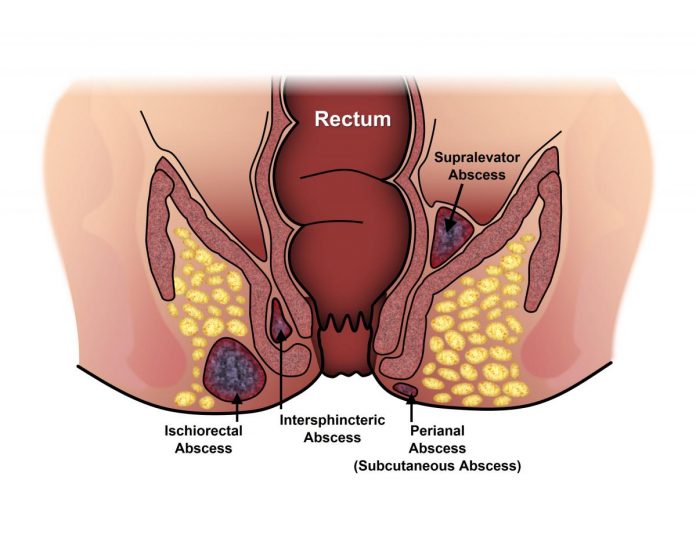Anal abscess symptoms can be the cause of a lot of discomfort as well as embarrassment for anyone who needs to deal the problem. It can make life miserable for people and even sitting down can become tortuous. Those who delay getting treatment are at risk of developing complications.

What Causes of Anal Abscess Symptoms?
An anal abscess is a pus-filled sac that people can develop in the area around their rectum. It is easy for individuals to mistake the condition as hemorrhoids when symptoms first appear. As time passes through the pain from the area becomes more severe and people will usually begin to exhibit signs of infection such as fever.

The reason why an anal abscess develops is that one of the glands inside the anus becomes infected with bacteria. This causes these glands to become plugged up and so the bacteria are trapped; this bacteria mixes with fluid to create pus. As time passes the accumulation of pus increases in volume and the area around it becomes inflamed. Eventually signs of infection begin to appear elsewhere in the body.
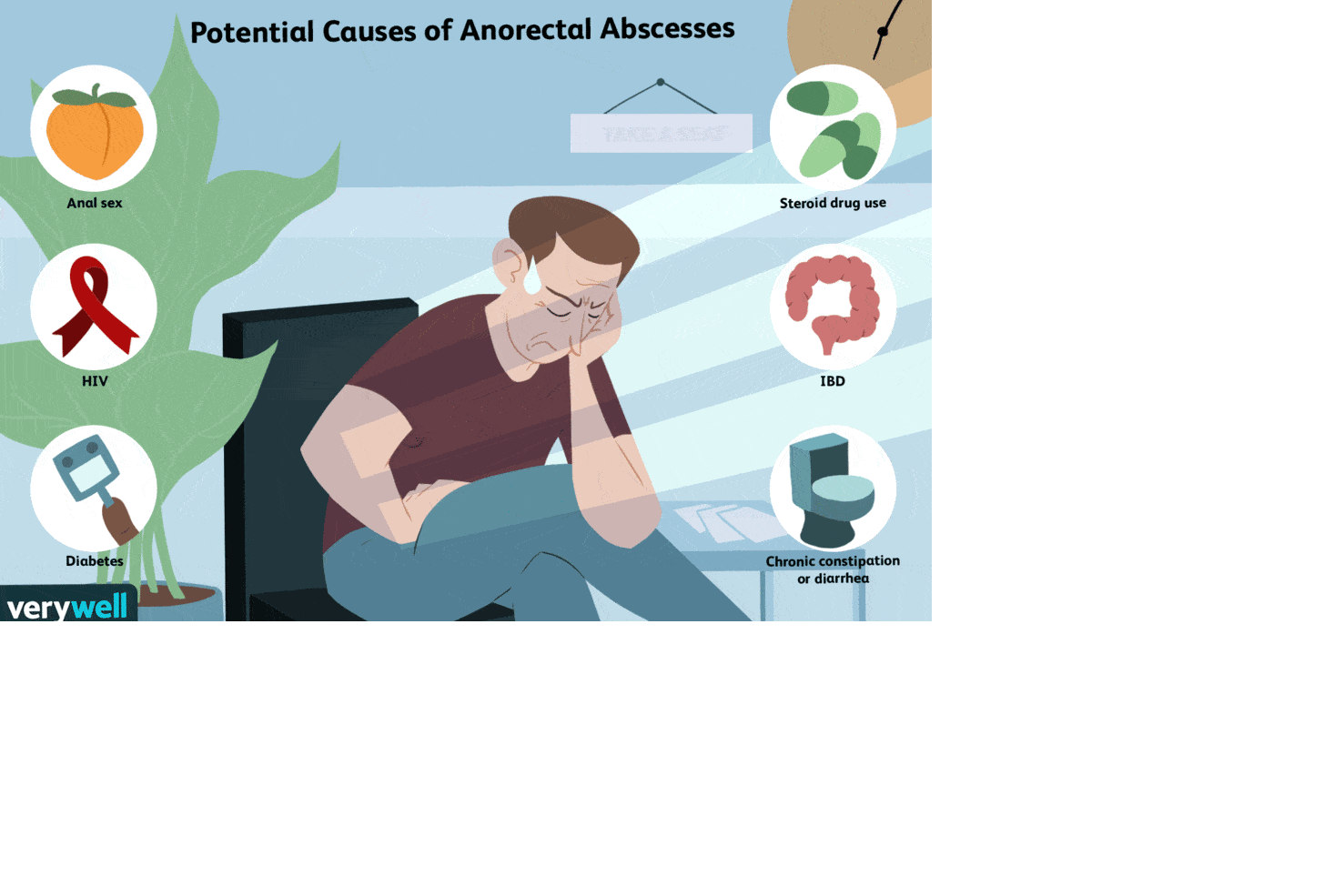
As the abscess increases in size the pain becomes impossible to ignore; individuals may also experience abdominal pain. Passing bowel motions will become increasingly difficult and individuals may even find it impossible to sleep due to discomfort.
Nobody knows the exact reason why some people develop anal abscesses but it is believed to be associated with a compromised immune system. Those with HIV, diabetes, and Crohn’s Disease seem to be more at risk of developing an anal abscess.
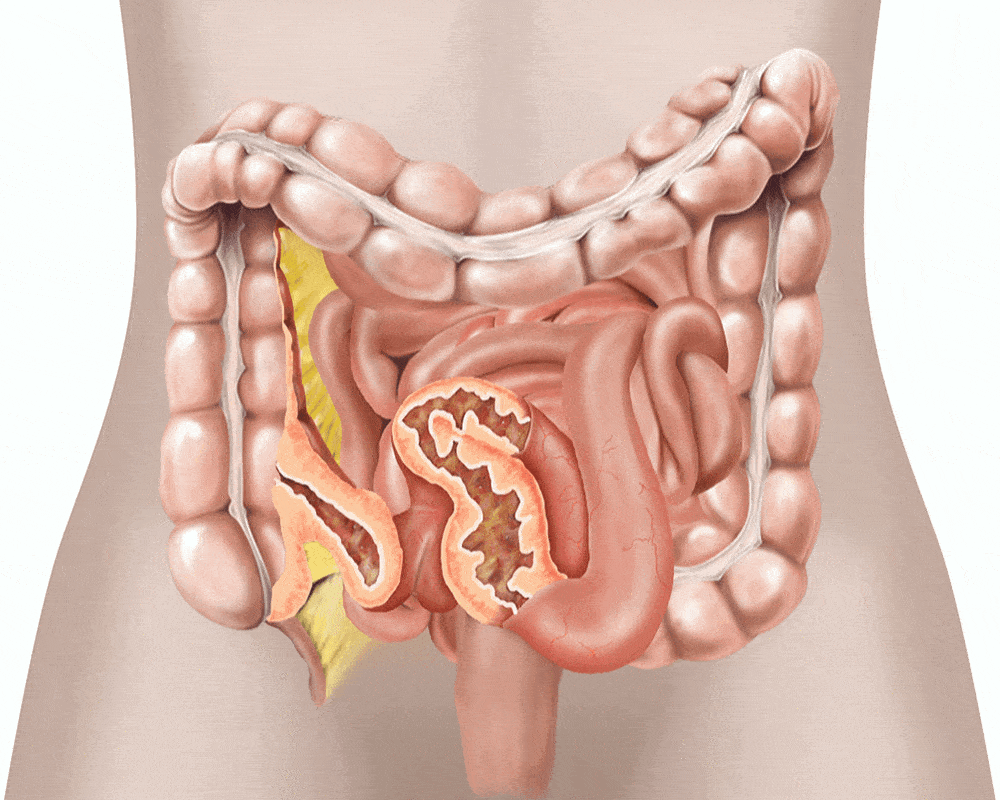
- What Is Aromatherapy Vs. What Are Essential Oils?
- What is La Tomatina in Bunol, Spain Like? What to Expect at the Famous Tomato Throwing Festival
Why it is Important to Not Ignore Anal Abscess Symptoms
One risk with an anal abscess is that it can lead to an anal fistula; this means an opening from your intestines to the surface of your anus. These fistulas can develop if the abscess is allowed to burst by itself. Ignoring the infection in the body can also lead to serious complications.
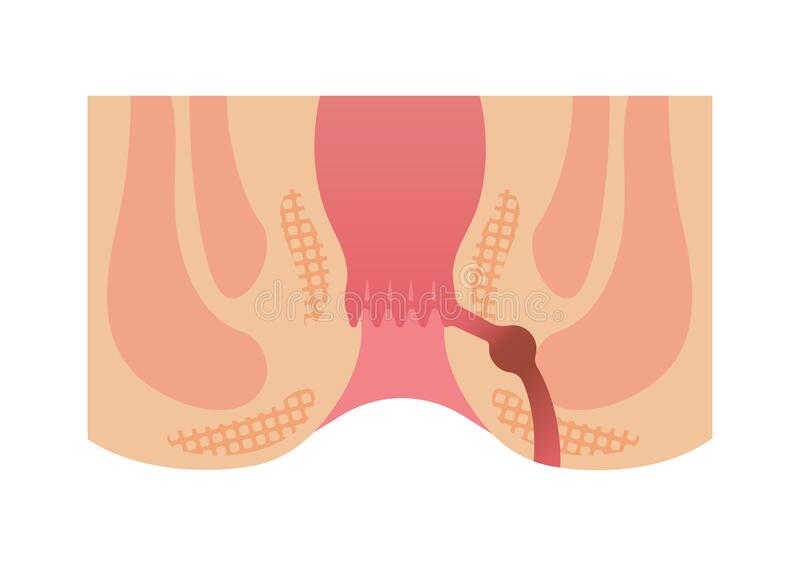
It may be necessary for the minor surgery to be performed on the abscess; this is usually done with a local anesthetic and does not usually require a stay in hospital. If the abscess is more severe then it may require more invasive surgery. Patients are then usually prescribed pain medication along with antibiotics.
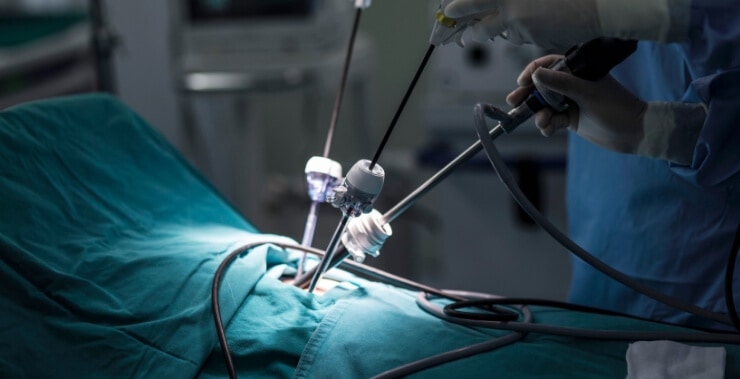
Prior to visiting the doctors it may be possible to get some relief from the discomfort by taking warm baths.


